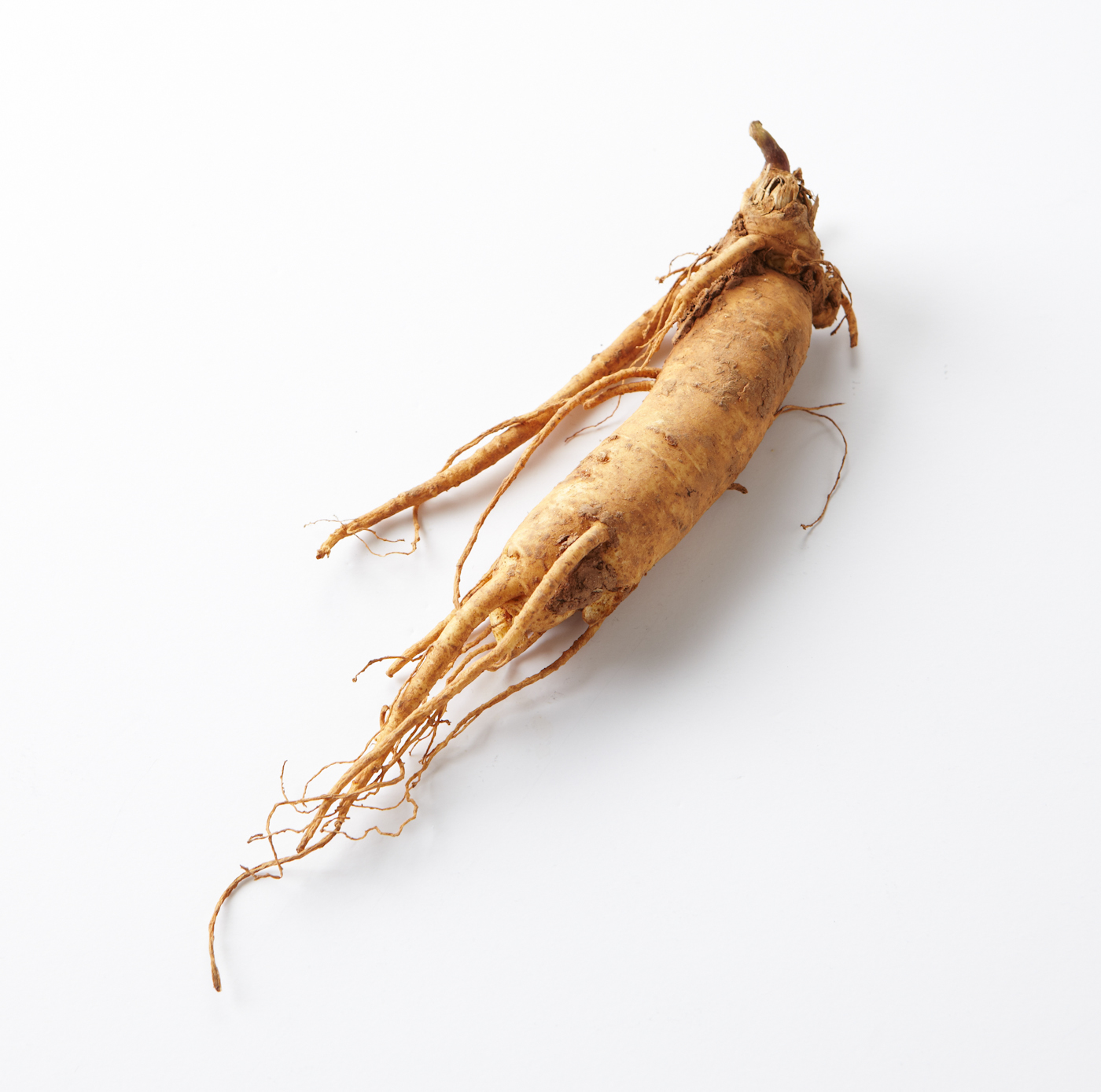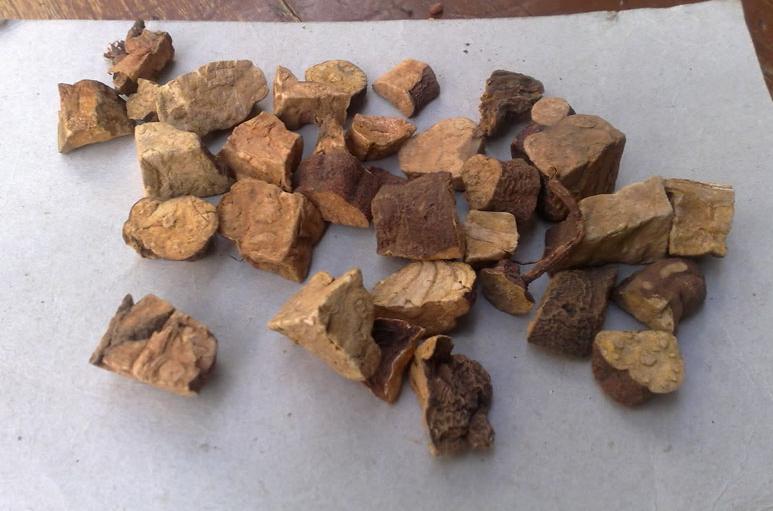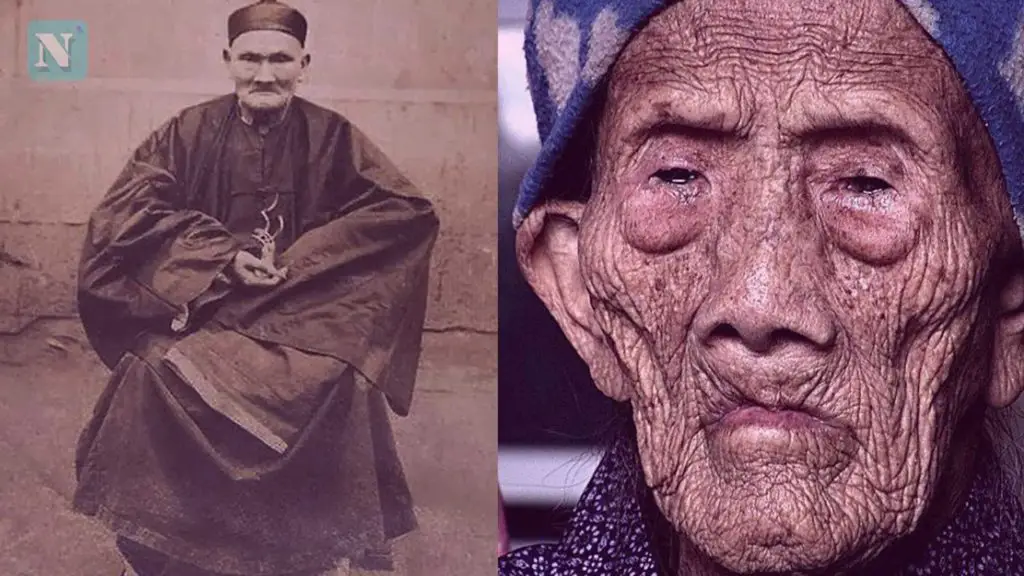Who was Li Ching Yun?
Can a human being live 256 years? Would you even want to? These are questions that are raised whenever someone talks about Li Ching Yuen. This Chinese herbalist, martial artist, and tactical advisor claimed to have been born in 1736. He died in 1933, which would have made him 197. There are also records—these are disputed—that placed the year of Li Ching Yuen’s birth at 1677, which would have made him 256 years old at the time of his death.
Obviously, Li Ching Yuen’s story and supposed longevity have caused a lot of controversy. Most scientists believe at a human only has a lifespan potential of 125 years. The oldest recorded human—outside of the heavily debated Li Ching Yuen—was Jeanne Calment from France who lived to be 122.
Our beliefs about the upward limit of a human’s age have been changing in the past few years. A study from 2017 even showed that after 105, a person has a decreased chance of death than they do from 70-90. This might mean that Li Ching Yuen and Shirali Muslimov—whose death at the age of 168 is similarly debated—were in fact the advanced ages they claimed at the time of their deaths.
The History of Li Ching Yuen’s fame
Knowledge about Li Ching Yuen didn’t really begin until 1928, when professor Wu-Chung Chieh from Chengdu university found a document. This piece of paper was from the Chinese government and it congratulated Li Ching Yuen on his 150th birthday. That birthday would have taken place in 1827. There was also another document from 1877 congratulating Li Ching Yuen on his 200th birthday.
A New York Times article from 1930 brought further attention to Li Ching Yuen. But, most of the “evidence” for his longevity comes from anecdotal evidence. The most famous of this is that the oldest men in Li Ching Yuen’s neighborhood who claimed that their grandfathers knew him when he was already an adult.
Li Ching Yuen’s Diet
When talking to people of advanced ages, most researchers and reporters will ask about the person’s diet. Genetics also play a huge role in the length of a person’s life, but diet and lifestyle are an equally important part of the equation. Assuming that Li Ching yuen actually lived for over two-hundred years, he must have a few secrets that enabled him to reach such an old age.
It is reported that Li Ching Yuen lived in the mountains for the first hundred years of his life. He supposedly ate primarily herbs, goji berries, Lingzi, wild ginseng, He Shoo wu, gotu kola, and rice wine. We will discuss each of the ingredients listed here in more detail below. However, if you want to try and live as long as Li Ching Yuen, you need to incorporate all of these in your diet.
Herbs used in Li Ching Yuen’s Diet
Li Ching Yuen was a Chinese herbalist. It should come as no surprise then that he incorporated herbs into his diet. Some of these herbs, he claimed to have helped him reach over 200 years old. The most commonly cited herbs used by Li Ching Yuen are as follows:

Wild Ginseng
Wild ginseng is a slow-growing root. It grows naturally in America and Asia and has been used as a part of Traditional Chinese Medicine for centuries. You can consume ginseng in either fresh, white, or red form. It is likely that Li Ching Yuen ate all three forms of ginseng, as it made up a huge part of his diet. The most famous picture of him even shows him holding the healthy root. Ginseng is a powerful antioxidant, increases brain function, boosts the immune system, and has an anti-cancer effect, among other health benefits.

Goji Berry
Goji berries may be extremely popular around the world today, but they come to us from China. It makes sense then that Li Ching Yuen would know to use them as part of his herbal preparation. Goji berries are a great source of vitamins and minerals such as Vitamin C, Fiber, Iron, Vitamin A, Zinc. It also contains a lot of antioxidants.

Lingzhi (Reishi) Mushroom
Lingzhi or Reishi mushrooms are probably best known for their culinary uses. However, they are also a medicinal mushroom with many benefits ranging from boosting the immune system, treating altitude sickness and chronic fatigue syndrome, and as a pain reducer. These benefits occur because of the chemicals in Reishi mushrooms, which—in addition to the fact that they taste good in food—make them an important addition to any health regimen.

He Shou Wu
He Shou wu is another essential herb in traditional Chinese medicine. It also goes by the name Fo-Ti. He Shoo wu is a root and usually takes a long time to prepare effectively. You cook He Shoo wu in a stew of black beans and strained before adding it to a tea, tincture, or water. Most herbalist claim that He Shoo wu has a wide range of benefits, including DNA protection and repair, libido booster, hair growth and rejuvenation, and intuition enhancing properties.

Gotu Kola
Gotu Kola is another common herb in traditional Chinese medicine and Ayurveda. It is a perennial plant found in Asian wetlands. The parts of the plant above the ground are use as the herb. It is reported that gotu kola can treat fatigue, anxiety, depression, psychiatric disorders, Alzheimer’s disease. It is also used to help wounds heal, increase memory and intelligence, and remove varicose veins and blood clots. With so many health benefits and uses, it is no wonder that Li Ching Yuen incorporated gotu kola into his diet.
Rice Wine
Rice wine is used to make tinctures in China, and so many of the above ingredients were likely taken in that form. Rice wine also has some health benefits of its own, including anti-cancer and anti-bacterial effects.
Daoists recommend only eating tonic herbs instead of regular food if you want to live longer than the majority of humans. Li Ching Yuen is not the only Buddhist hermit to live an enormously long life, which may be because of the extremely healthful herbs he consumed.
As you can see from the above list, all of these herbs are antioxidants, have anti-bacterial or anti-cancer properties, and most also increase libido. Li Ching Yuen was renowned for his love of women. He supposedly had twenty-four wives at up to two-hundred descendants at the time of his death. Because of the powerful nature of all of these herbs, incorporating any or all of them into your life will increase your health.
Li Ching Yuen’s Lifestyle
Li Ching Yuen’s supposed wisdom for how to life to 256 was “keep a quiet heart, sit like a tortoise, walk sprightly like a pigeon and sleep like a dog.” Next, we will investigate how this quote played a role in Li Ching Yuen’s lifestyle.
As mentioned above, Li Ching Yuen was an herbalist. According to reports, he began collecting herbs at the age of ten and could read and write as a child. These same tales indicate that Li travelled to Kansu, Shansi, Tibet, Annam, Siam, and Manchuria by his tenth birthday. These trips were undertaken in order to collect herbs.
When he was seventy-one Li Ching Yuen joined the Chinese army. He taught martial arts. Li created that discipline as well as various Qigong exercises for his longevity. These exercises supposedly directly contributed to his long life.
Qigong involves both physical movement and breath control. It is related to the more famous tai chi. Practioners of qigong use it to balance the qi (chi) or life energy. They believe that becoming a master of qigong allows one to transcend to higher levels of awareness, treat various medical conditions—like hypertension, pain, and cancer—and extend life itself.
Further reading about Li Ching Yuen
If this article has intrigued and inspired you to learn more about Li Ching Yuen, there are a few longer and more detailed sources for you to explore. The two most important books about Li Ching Yuen are
This is the most comprehensive biography of Li Ching Yuen available. It is also the only one translated into English, which will help people not fluent in Chinese learn more about this amazing person.
Read this book if you want to incorporate some of Li Ching Yuen’s teachings and lifestyle choices into your own life. Stuart Alve Olson presents eight of the most important qigong exercises that Li Ching Yuen incorporated into his daily ritual.
References:
https://en.wikipedia.org/wiki/Li_Ching-Yuen
https://www.ncbi.nlm.nih.gov/pmc/articles/PMC3062986/





Wow! This is so amazing! It’s really a matter of having a healthy lifestyle. Great post! 🙂
It sure is Sarah!
I have always believed that God who created us must surely be smart enough to have provides the means for our bodies to 100% completely restore us!
Master Li is simply showing us how to get in step with what God has already established in us!
The reports I came across in 1971 claim that he made a tea with five herbs: ginseng, eleuthro, gota kola, fo-ti, and astragalus. In addition he regularly ate goji berries and schizandra berries. So these are the herbs and goji berries that I often include in my diet. In 1984 I met with Chief Two Trees in Black Mountain North Carolina. He is a Cherokee medicine man and Chief of the Organization of Eastern Tribes of Native Americans. When I told him about Li Ching Yuen he said that there were several Native Americans that were as old and older than Li Ching. So contrary to what some “experts” say, there are many examples around the world of very old individuals. I see it as our mission to learn from these elders.
Where can I get the five herbs, going berries and schizandra berries in the US?